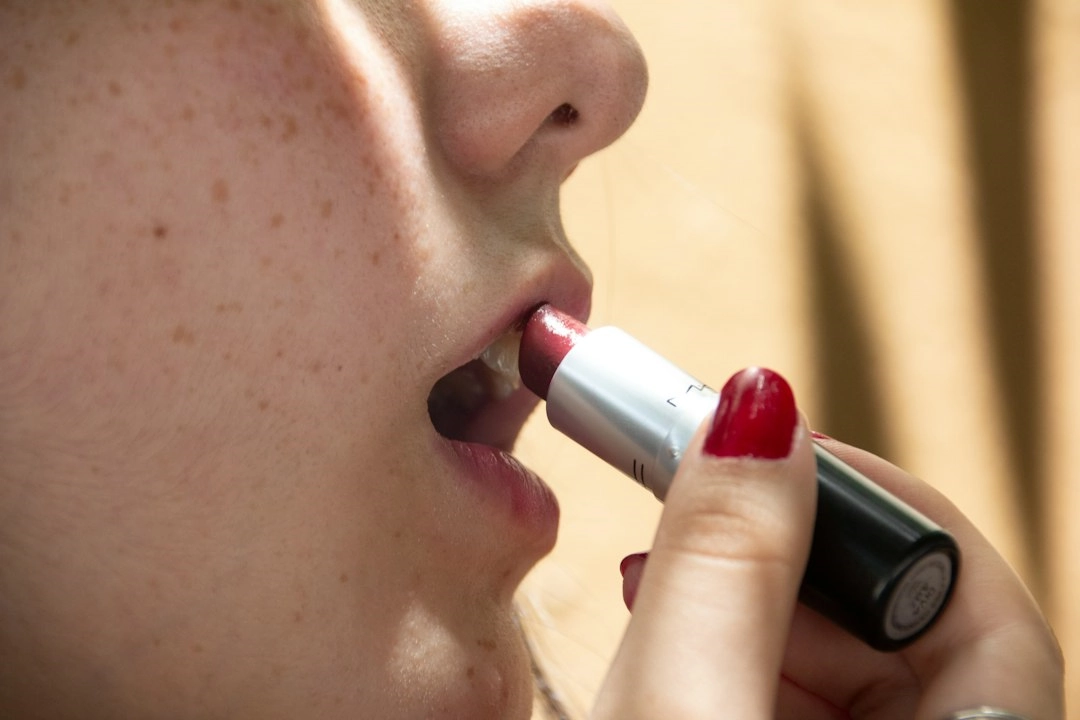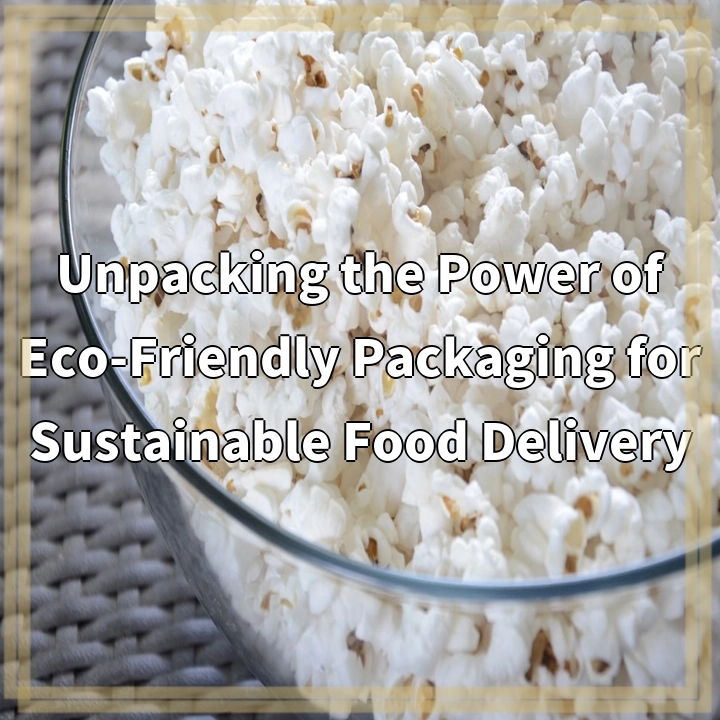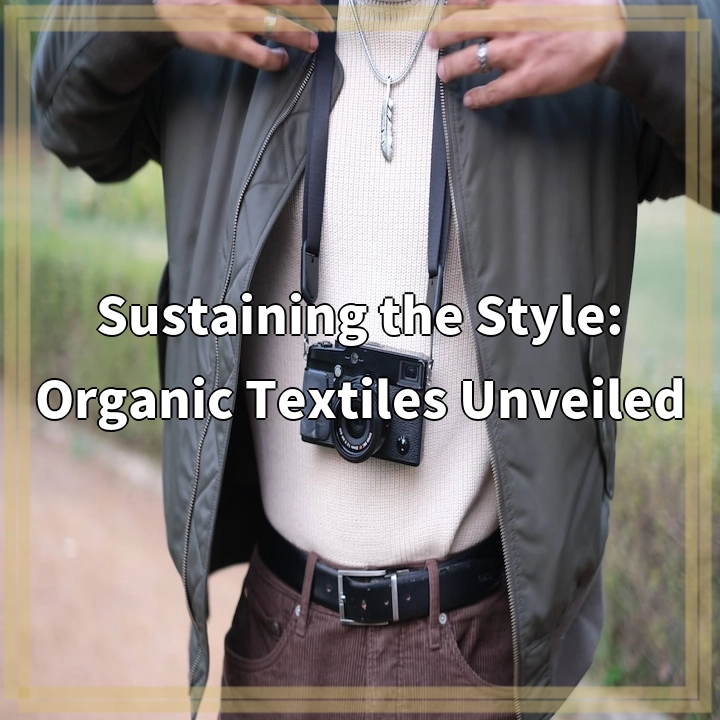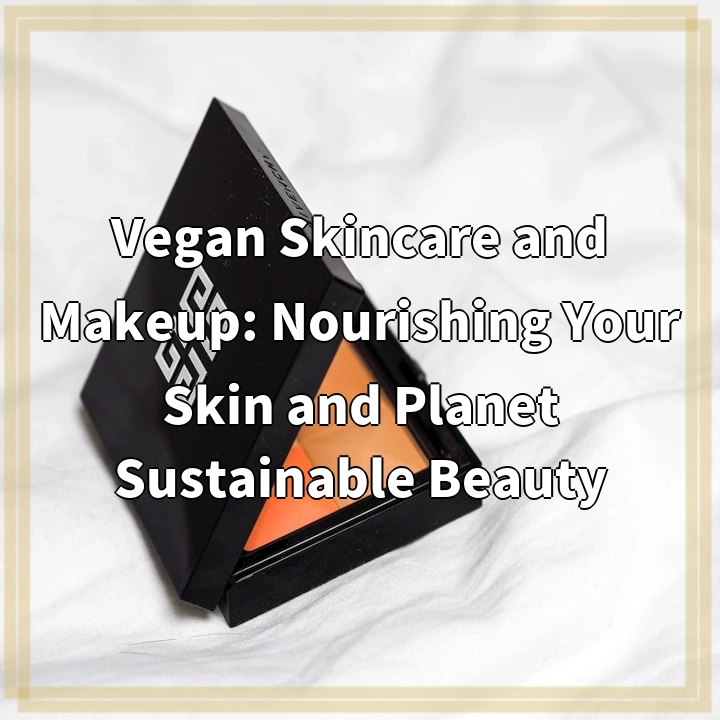
What it is:
Vegan skincare and makeup are cosmetic products that are formulated without the use of any animal-derived ingredients or by-products. They are cruelty-free, meaning they are not tested on animals during the production process. Vegan beauty products focus on plant-based ingredients, which are often touted to be more natural and sustainable than their animal-based counterparts.
Real-world problems associated with Vegan Skincare and Makeup:
1. Lack of Regulation:
One of the challenges in the vegan beauty industry is the lack of standardized regulations. While terms like “vegan” and “cruelty-free” are widely used, they are not legally defined and can be misleading. This leads to inconsistencies and confusion for consumers who are trying to make ethical choices. Clear regulatory guidelines and certifications would help ensure transparency and accuracy in labeling.
2. Greenwashing and False Claims:
With the growing demand for vegan and cruelty-free products, some brands engage in greenwashing – using marketing tactics to make their products appear more sustainable and ethical than they actually are. False claims and misleading information can undermine the trust of consumers and make it difficult for them to make informed choices. Educating consumers about how to identify genuine vegan products and supporting transparency in the industry is crucial.
3. Sourcing Sustainable Ingredients:
While vegan cosmetics avoid animal-derived ingredients, the sourcing of plant-based ingredients can also have environmental and social impacts. Some ingredients, like palm oil, might contribute to deforestation and habitat destruction. Ensuring that vegan beauty brands source ingredients sustainably and support ethical practices throughout the supply chain is essential for truly sustainable beauty.
4. Limited Performance and Formulation Challenges:
In the past, vegan skincare and makeup products were often perceived to have limited effectiveness and lacked the luxurious feel of their conventional counterparts. However, with advancements in technology and formulation techniques, the performance of vegan products has significantly improved. Nonetheless, formulation challenges persist, and finding vegan products that meet specific needs (such as long-lasting lipsticks or waterproof mascaras) can still be a hurdle for some consumers.
5. Accessibility and Affordability:
While vegan skincare and makeup are gaining popularity, they can still be relatively expensive compared to conventional beauty products. This price disparity makes it challenging for everyone to access and afford vegan options. Making vegan beauty more accessible, affordable, and mainstream would help encourage wider adoption and ensure that ethical and sustainable choices are available to all.
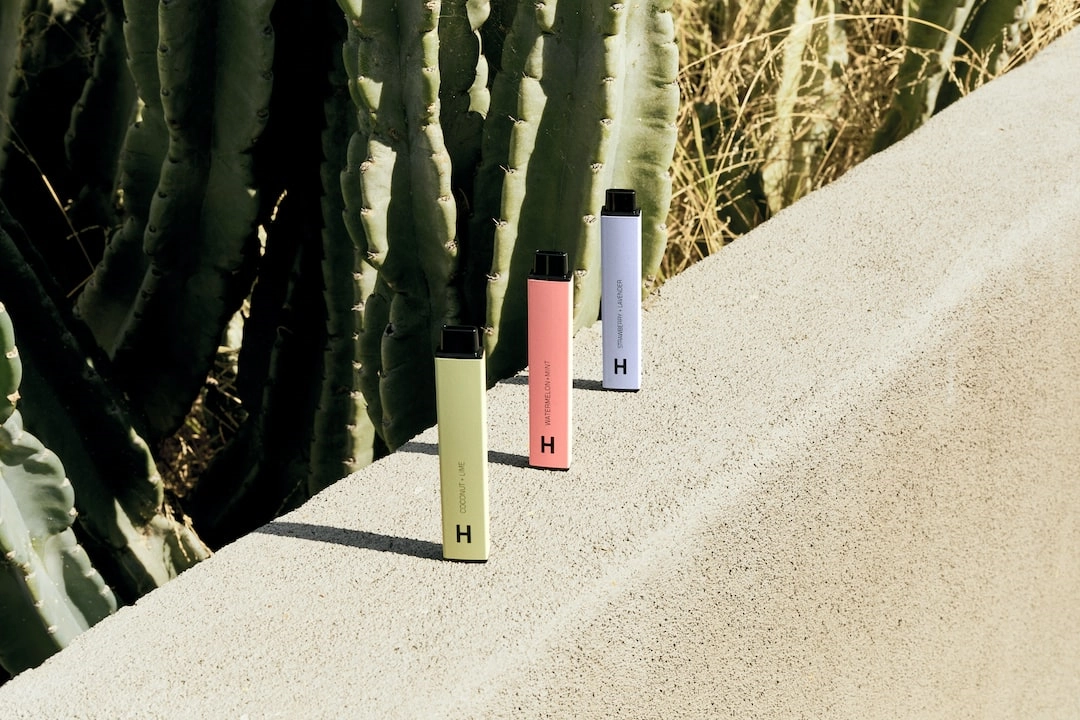
Solutions for Vegan Skincare and Makeup:
1. Clear Regulations and Certifications:
Establishing standardized regulations and certifications for vegan and cruelty-free beauty products would help eliminate confusion and ensure accurate labeling. This would enable consumers to make informed choices and trust that the products they purchase are truly ethical and sustainable.
2. Awareness and Education:
Raising awareness about greenwashing and false claims in the industry is essential. Providing education to consumers on how to identify genuine vegan products and encouraging transparency from brands can help build trust and ensure consumers can make ethical choices confidently.
3. Sustainable Sourcing:
Vegan beauty brands should prioritize sourcing ingredients sustainably, considering the environmental and social impacts. Working with suppliers that follow ethical practices and supporting initiatives like fair trade can contribute to a more sustainable and responsible supply chain.
4. Continuous Innovation and Research:
Continued investment in research and development is crucial to overcome formulation challenges and enhance the performance of vegan products. Investing in innovative technologies and scientific advancements can help bridge the gap between vegan beauty and conventional beauty in terms of effectiveness, longevity, and overall user experience.
5. Affordability and Accessibility:
Efforts should be made to make vegan skincare and makeup more accessible and affordable to a wider range of consumers. This can be achieved through increased production and distribution, partnerships with retailers, and exploring cost-effective alternatives for plant-based ingredients without compromising on quality and ethics.
